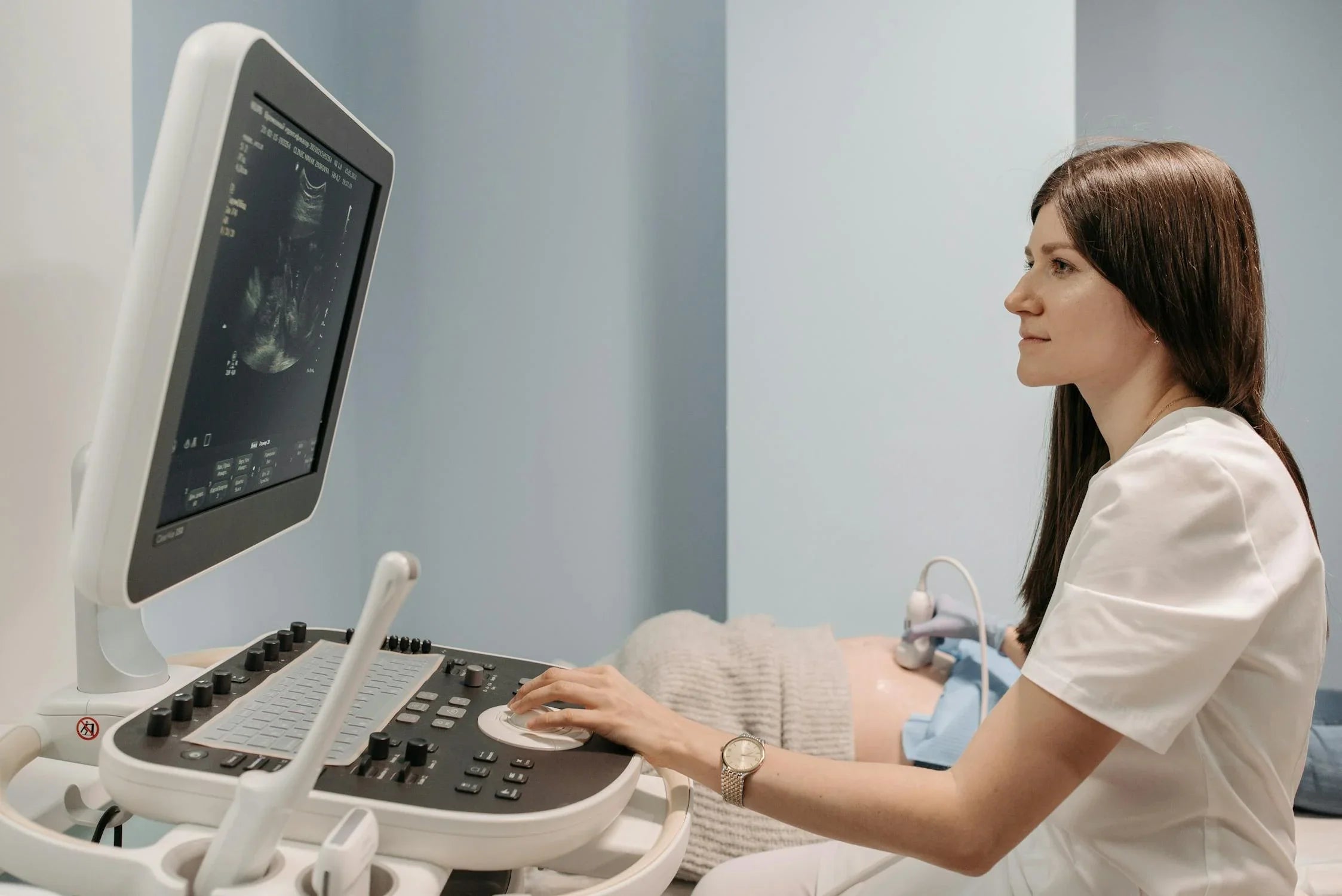Inicio
Pregnancy, Breastfeeding, and Pumping: The Ultimate Guide for Moms
When Do You Take a Pregnancy Test After Intercourse: A Comprehensive Guide

When Do You Take a Pregnancy Test After Intercourse: A Comprehensive Guide
Deciding when to take a pregnancy test after intercourse can be a nerve-wracking experience. Whether you're hoping for a positive result or dreading it, timing is everything. This guide will walk you through the science behind pregnancy tests, the best time to take one, and what to expect during the process.
Understanding the Basics of Pregnancy Tests
Pregnancy tests work by detecting the presence of a hormone called human chorionic gonadotropin (hCG) in your urine or blood. This hormone is produced by the placenta shortly after a fertilized egg attaches to the uterine lining. The levels of hCG increase rapidly in the early stages of pregnancy, doubling every 48 to 72 hours.
How Soon Can You Take a Pregnancy Test After Intercourse?
The timing of when to take a pregnancy test after intercourse depends on several factors, including the length of your menstrual cycle and the sensitivity of the test. Most pregnancy tests on the market are designed to detect hCG levels at least 10 to 14 days after conception. However, conception typically occurs around the time of ovulation, which is about 14 days before your next expected period.
For the most accurate results, it's generally recommended to wait until the first day of your missed period to take a pregnancy test. Testing too early can result in a false negative, as the hCG levels may not yet be high enough to detect.
Factors That Influence the Accuracy of Pregnancy Tests
Several factors can affect the accuracy of a pregnancy test, including:
- Timing: Taking the test too early can lead to a false negative result.
- Test Sensitivity: Some tests are more sensitive than others and can detect lower levels of hCG.
- Urine Concentration: Using first-morning urine, which is more concentrated, can increase the likelihood of detecting hCG.
- Medications: Certain medications, such as those containing hCG, can interfere with test results.
- Medical Conditions: Conditions like ectopic pregnancy or certain types of cancer can also affect hCG levels.
What to Do If You Get a Positive Result
If your pregnancy test comes back positive, it's important to confirm the result with a healthcare provider. They may perform a blood test, which is more sensitive and can provide a more accurate result. Your healthcare provider can also guide you through the next steps, including prenatal care and lifestyle adjustments.
What to Do If You Get a Negative Result
A negative result can be disappointing, especially if you're trying to conceive. However, it's important to remember that a negative result doesn't necessarily mean you're not pregnant. If you suspect you might still be pregnant, consider waiting a few days and taking another test. If you continue to receive negative results and your period still hasn't arrived, consult with a healthcare provider to rule out other potential issues.
Common Misconceptions About Pregnancy Tests
There are several misconceptions surrounding pregnancy tests that can lead to confusion. One common myth is that you can take a pregnancy test immediately after intercourse. In reality, it takes time for the fertilized egg to implant and for hCG levels to rise to detectable levels. Another misconception is that a faint line on a pregnancy test always indicates a positive result. While a faint line can be a sign of early pregnancy, it's important to confirm with a healthcare provider.
Tips for Taking a Pregnancy Test
To ensure the most accurate results, follow these tips when taking a pregnancy test:
- Read the Instructions: Different tests have different instructions, so it's important to read them carefully.
- Use First-Morning Urine: This is when your urine is most concentrated and likely to contain higher levels of hCG.
- Wait the Recommended Time: Don't check the results too early or too late, as this can affect accuracy.
- Take Multiple Tests: If you're unsure of the result, consider taking another test a few days later.
When to Seek Medical Advice
If you're experiencing symptoms of pregnancy but continue to receive negative test results, it's important to seek medical advice. Similarly, if you receive a positive result, consult with a healthcare provider to confirm the pregnancy and discuss next steps. Early prenatal care is crucial for the health of both the mother and the baby.
Understanding when to take a pregnancy test after intercourse can help alleviate some of the anxiety surrounding the process. By following the guidelines outlined in this article, you can increase the likelihood of obtaining an accurate result and take the necessary steps forward, whatever the outcome may be.
Compartir

